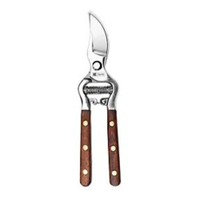7 plants you should never deadhead in your garden, according to horticulture experts
These are the plant species you should avoid giving the chop on your next garden clean-up
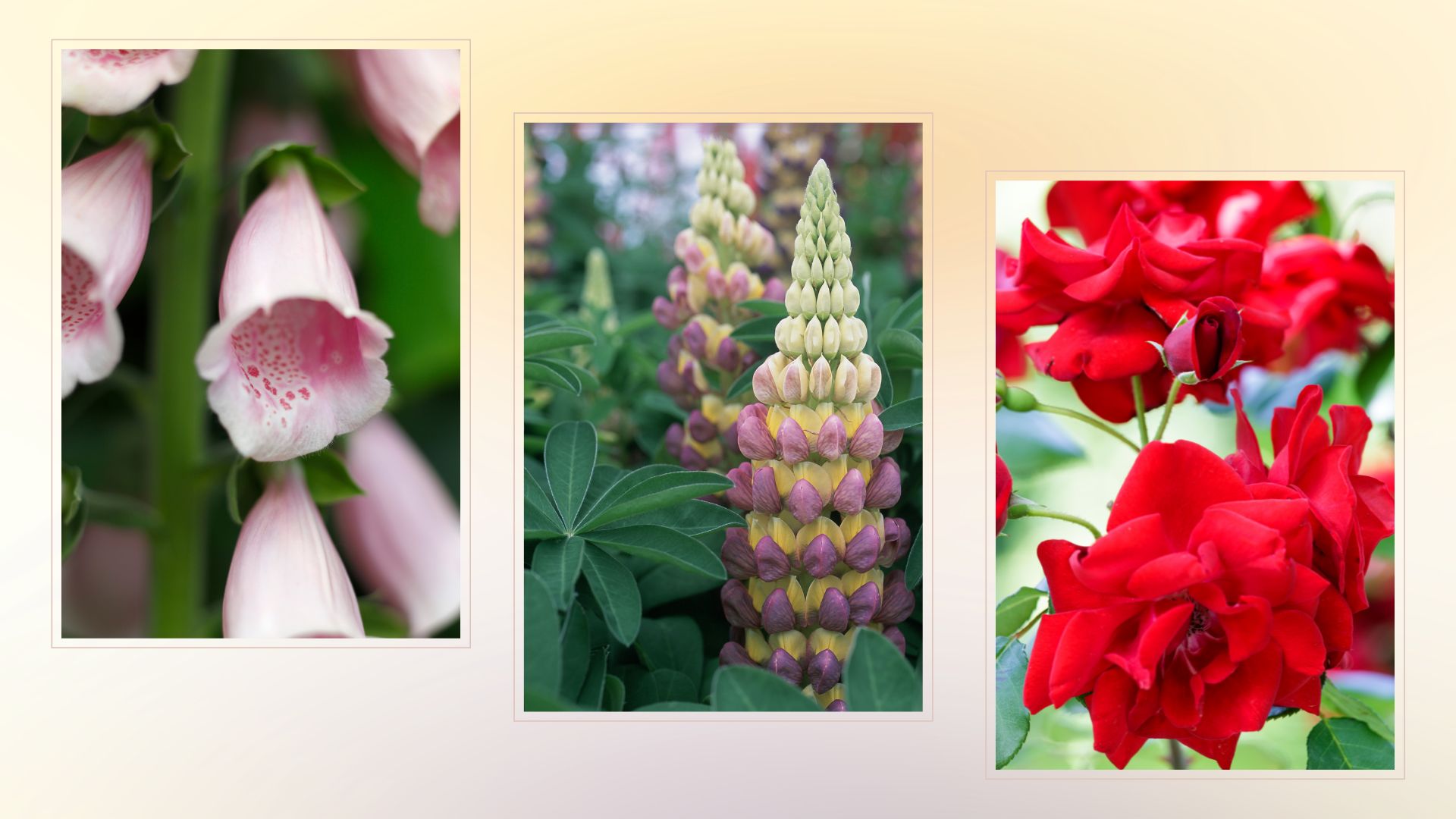

There's nothing quite like tending to your plants to give your garden a good refresh. Where do you start? Deadheading. The trouble is, not all plants will benefit from this chop. Deadheading these could be doing more harm than good.
Garden trends aside, there are a few jobs in your garden that you'll have to get done year after year. Knowing how to deadhead your plants properly is one of those jobs, and certain plants need to have their spent flowers removed so they have the energy and means to grow new ones.
Out of all the alluring plants that liven up your garden most will be thankful for a deadheading. However, horticulturists say that these seven are plants you should never deadhead.
7 plants you should never deadhead in your garden
There are plenty of summer gardening mistakes that we see time and time again and deadheading isn't really one of them. However, Jane Dobbs, Lead Gardener at Allan's Gardeners says, "Even though deadheading helps plants bloom, some plants shouldn't be deadheaded. This is because they either have a unique flowering process or their spent flowers are valuable."
1. Foxgloves
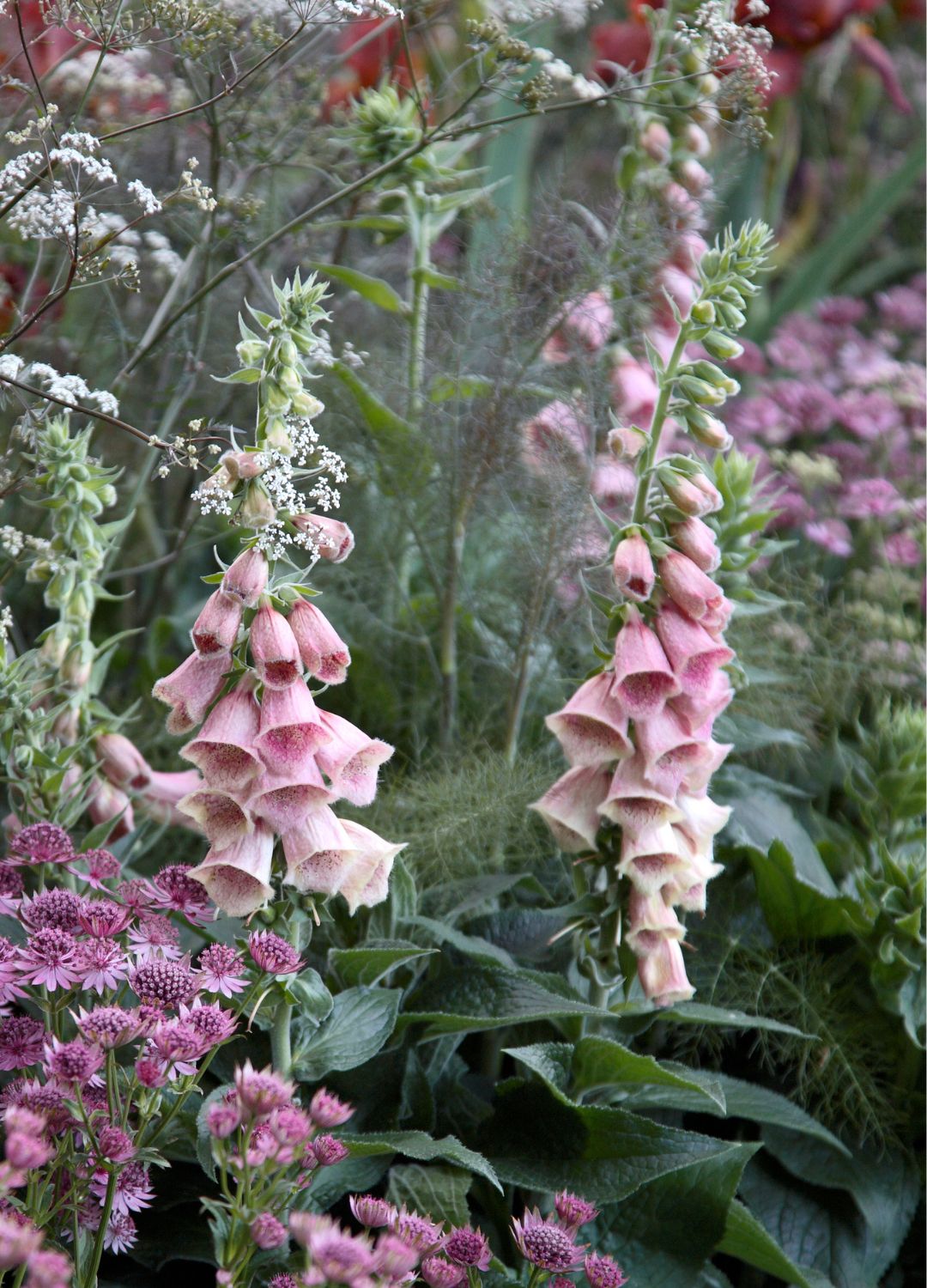
Whether you've got foxgloves as the shining star in your wildflower garden border or in pride of place in the middle of your plot, you shouldn't be deadheading them.
Graham Smith MCIhort, gardening expert at LBS Horticulture, says, "You should not remove the flowerheads of foxgloves, as they will form seedheads and drop by themselves, which will result in more flowers. If you do remove the flowers, there is a high chance you will not have any foxglove plants the following year.
So if you're into succession planting and want the most out of your plants year after year then it's crucial you leave your foxgloves to their own devices.
Sign up for the woman&home newsletter
Sign up to our free daily email for the latest royal and entertainment news, interesting opinion, expert advice on styling and beauty trends, and no-nonsense guides to the health and wellness questions you want answered.
2. Sunflowers
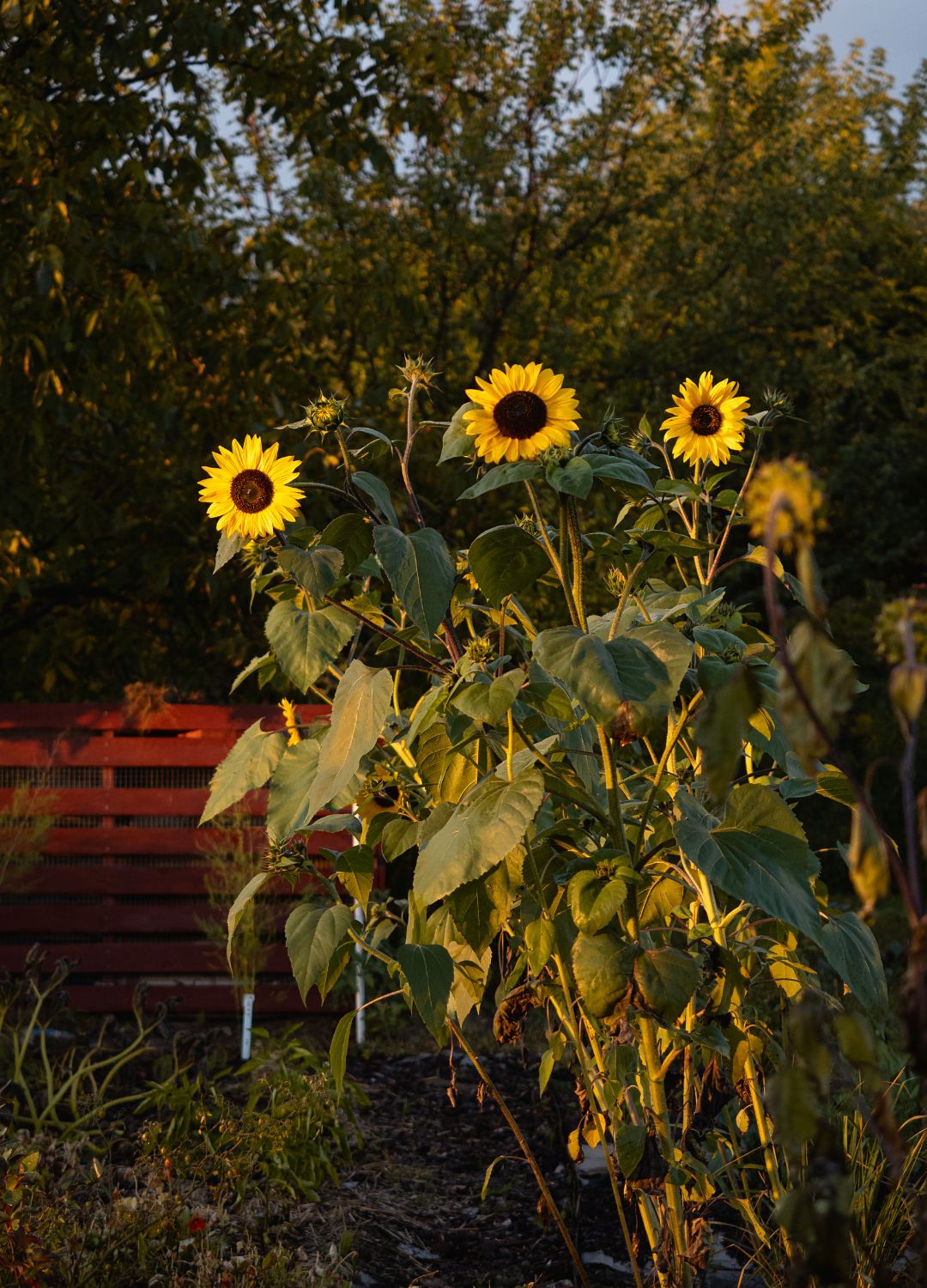
There's nothing that gives us cottage garden vibes quite like some tall and radiant sunflowers. And whilst it may be tempting to remove their spent flower heads once they've finished blooming, Graham recommends the opposite.
"Sunflowers, as well as producing attractive seedheads, you should not remove the faded flowers of sunflowers as they provide food for wildlife," he says.
Keeping these natural food sources for animals is a great way of participating in the rewilding trend and requires minimal effort or work too.
3. Roses
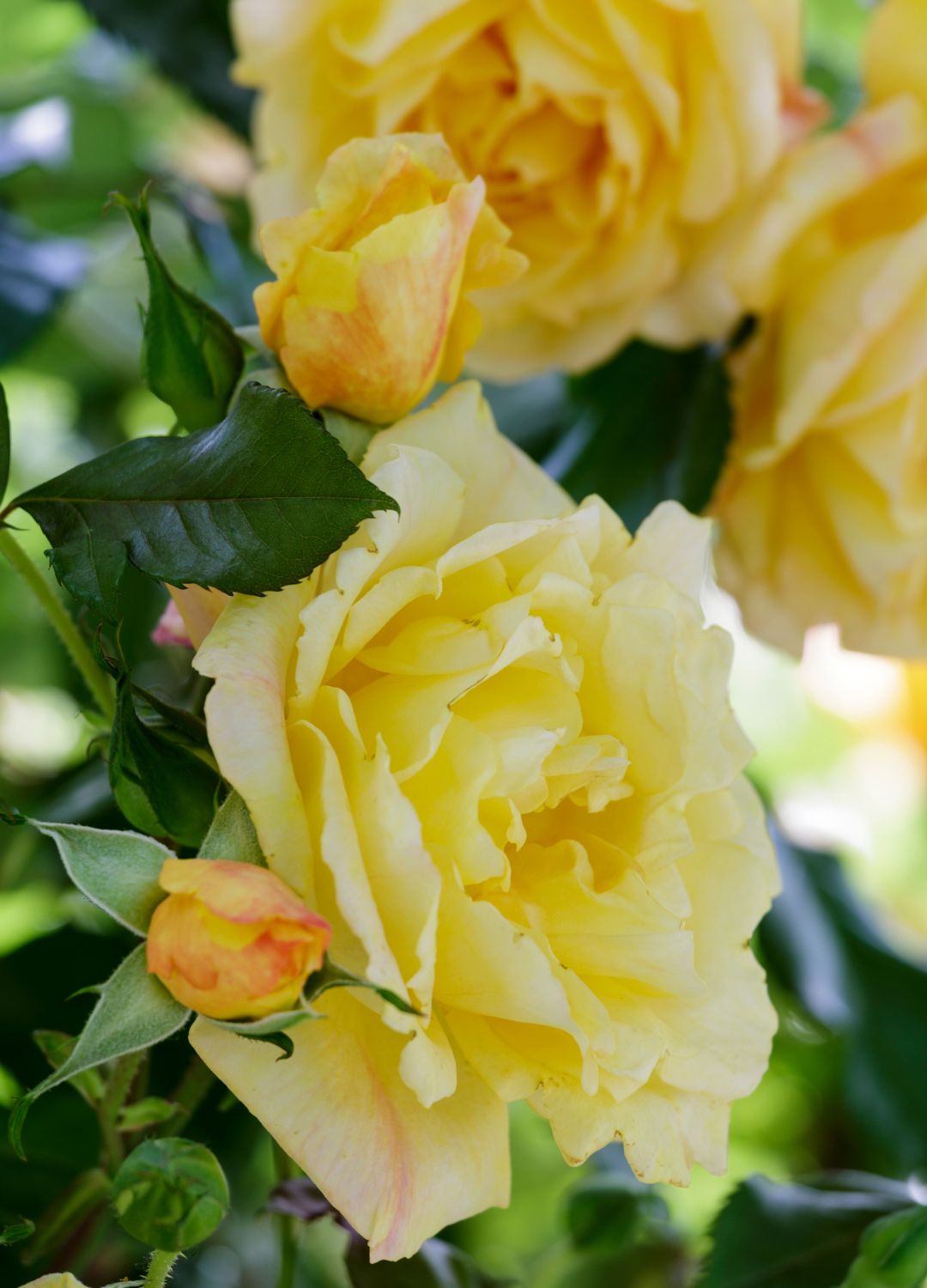
Knowing how to prune your roses to maximise their blooming is a crucial part of summer gardening. And although some rose species can benefit from deadheading there are some that it will hinder more than help, and it's important to know the difference.
"Although many roses benefit from deadheading, some varieties, like rugosa roses, produce attractive hips in the autumn, which can add interest to the garden and provide food for wildlife," explains Jane.
So whilst it won't exactly damage your rugosa roses there is far more use in keeping them around right into the autumn months.
4. Poppies
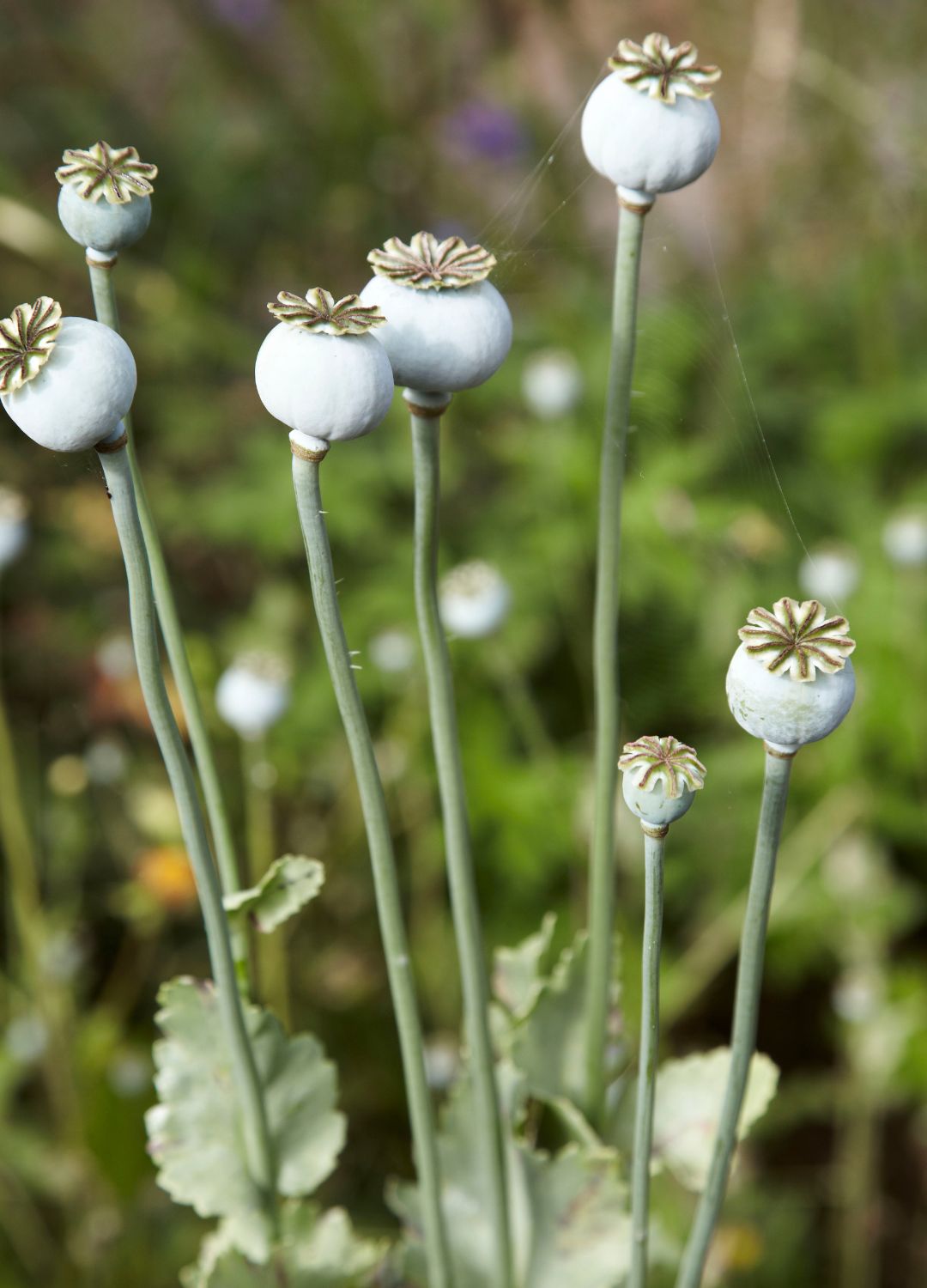
If you've chosen a native flower garden theme for your space then you'll no doubt have been surrounded by ruby-red plants all summer long. Once they've been spent you may be tempted to cut the large heads of the plant but it's more beneficial to leave them.
Jane explains, "Poppies produce attractive seed pods that can be dried or left to self-seed in the garden after they bloom."
5. Columbines
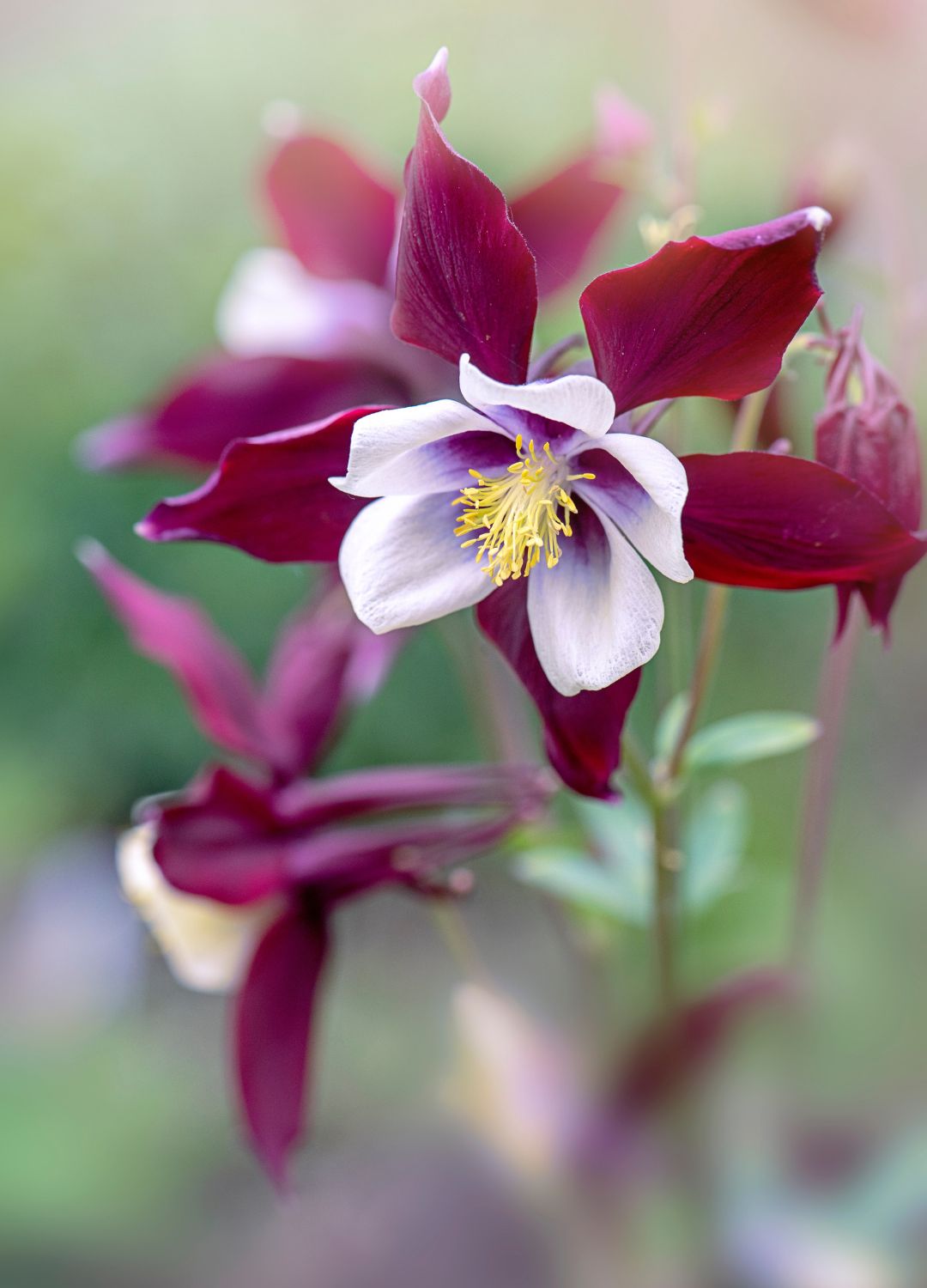
As one of the best cottage garden plants, columbines provide you with a sweet wash of colour and unique shapes. Another advantage to this pretty species is that they will do all the work for you when it comes to seeding so there's no need to deadhead.
"When it comes to columbines, they will readily self-seed and produce new plants, so deadheading is not recommended if you want your garden to grow naturally. These early bloomers have flowers that persist for a long time, develop interesting seed heads, and do not require deadheading," says Jane.
6. Lupins
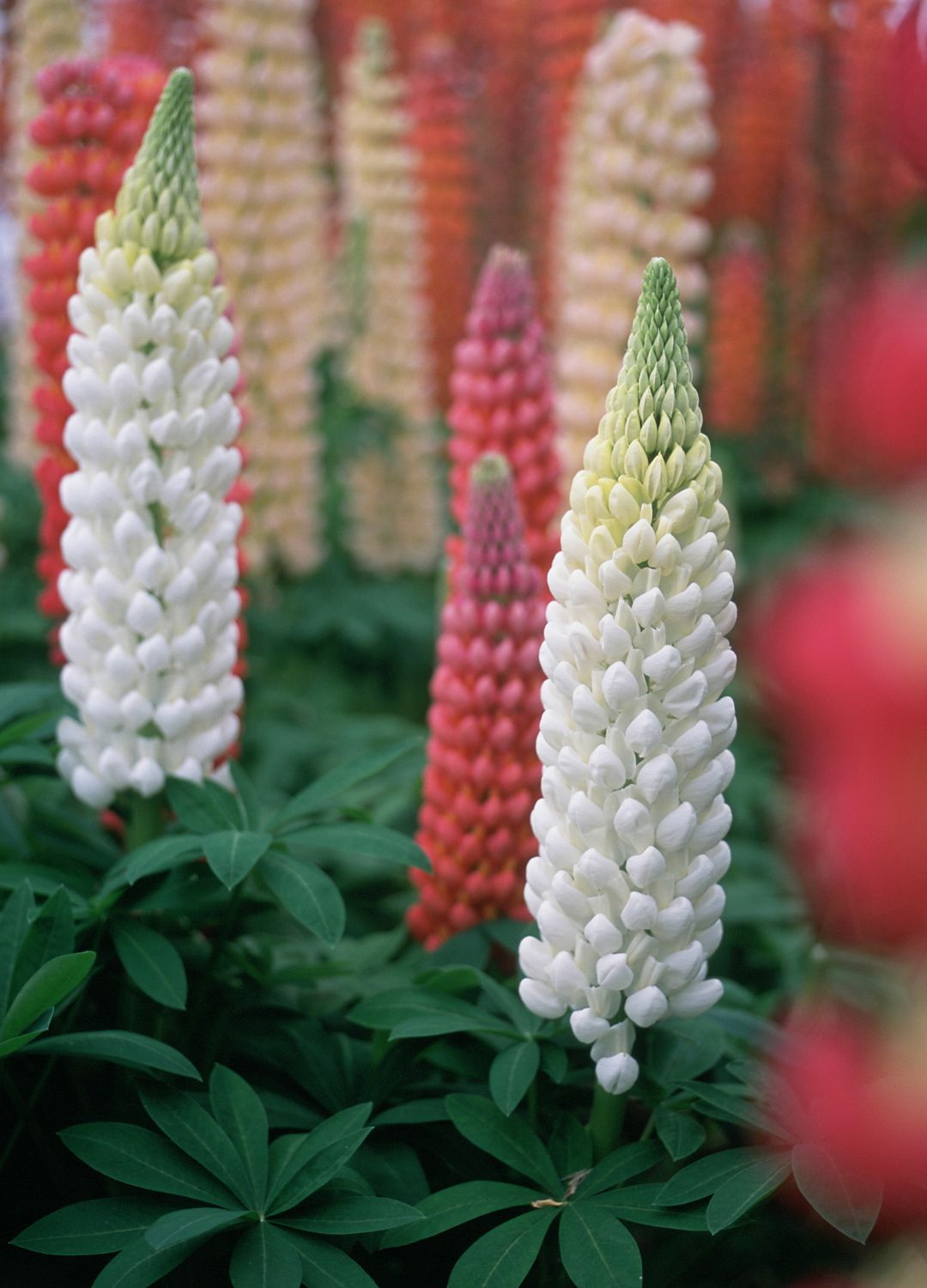
If you're looking for ways to attract birds to your garden, then leaving certain plants to produce seed pods is a great way to provide food. Lupins are one of these species that will double up as a wildlife feeder after blossoming.
Graham explains that these plants don't need to be deadheaded they can simply be left to help with your garden's ecosystem.
7. Gaillardia
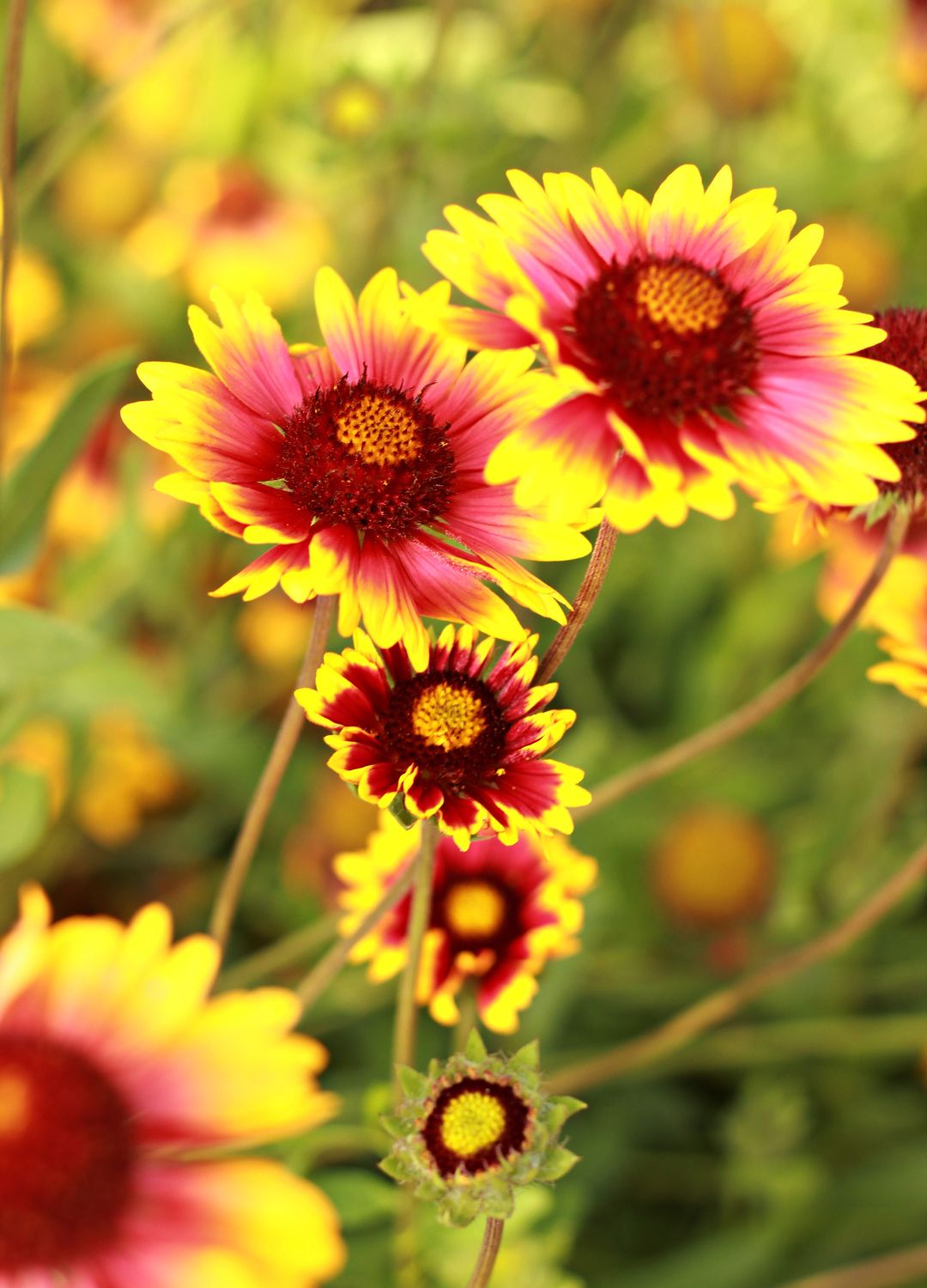
As some of the most colourful showiest of border plants, you'll want to tread lightly when maintaining your gaillardias. They're happy to be left alone and shouldn't be deadheaded under any circumstance.
"This is another plant that should be left alone to self-seed, as this will ensure a continuous cycle of flowers every year and the plant thrives on the reseeding of dead flowers," says Graham
FAQs
What damage can deadheading the wrong plants do?
Although deadheading is one of the best things to do when sorting out your garden, doing it on the wrong plants can be surprisingly damaging.
Jane explains that deadheading can inadvertently remove next year's flower buds which will result in fewer blooms next year. She says, "As I mentioned when some plants are deadheaded, birds lose a food source, and their populations can decrease. There's a possibility that deadheading might mess with these cycles, potentially leading to abnormal growth patterns."
Will flowers still grow back if you don't deadhead them?
Where some plants won't benefit from deadheading there are many that will. For example, deadheading peonies will help with new regrowth and can also stop diseases from spreading in the spent flowerheads.
Graham says, "Not deadheading plants can potentially slow new growth in your garden, as plants will still be directing their energy to the faded flowers. Flowers will still return if you do not deadhead plants, but it will likely take much longer for flowers to return compared to if the blooms were removed."
So deadheading is an important practice for plants that need it, just be sure to check whether the species you are maintaining is happy to self-seed or needs a little help.
Burgon & Ball National Trust Dark Wood Bypass Secateurs: £24 at B&Q
These secateurs are made with drop-forged stainless steel for strength and come with bypass action that gives precise clean cuts. The pair also comes with a 10-year guarantee to provide timeless appeal.
With anything in your garden, it's always best to research the specific plants you're dealing with and their individual needs. Now you know which plants to avoid, you can continue with your essential summer gardening jobs risk-free.

Emily joined woman&home as a staff writer after finishing her MA in Magazine Journalism from City University in 2023. After writing various health and news content, she now specialises in lifestyle, covering unique cleaning hacks, gardening how-tos, and everything to help your houseplants thrive.
-
 I started losing my hearing in my 40s - here's why you should never ignore the signs like I did
I started losing my hearing in my 40s - here's why you should never ignore the signs like I didNot only the elderly experience signs of hearing loss, contrary to popular belief
By Debra Waters Published
-
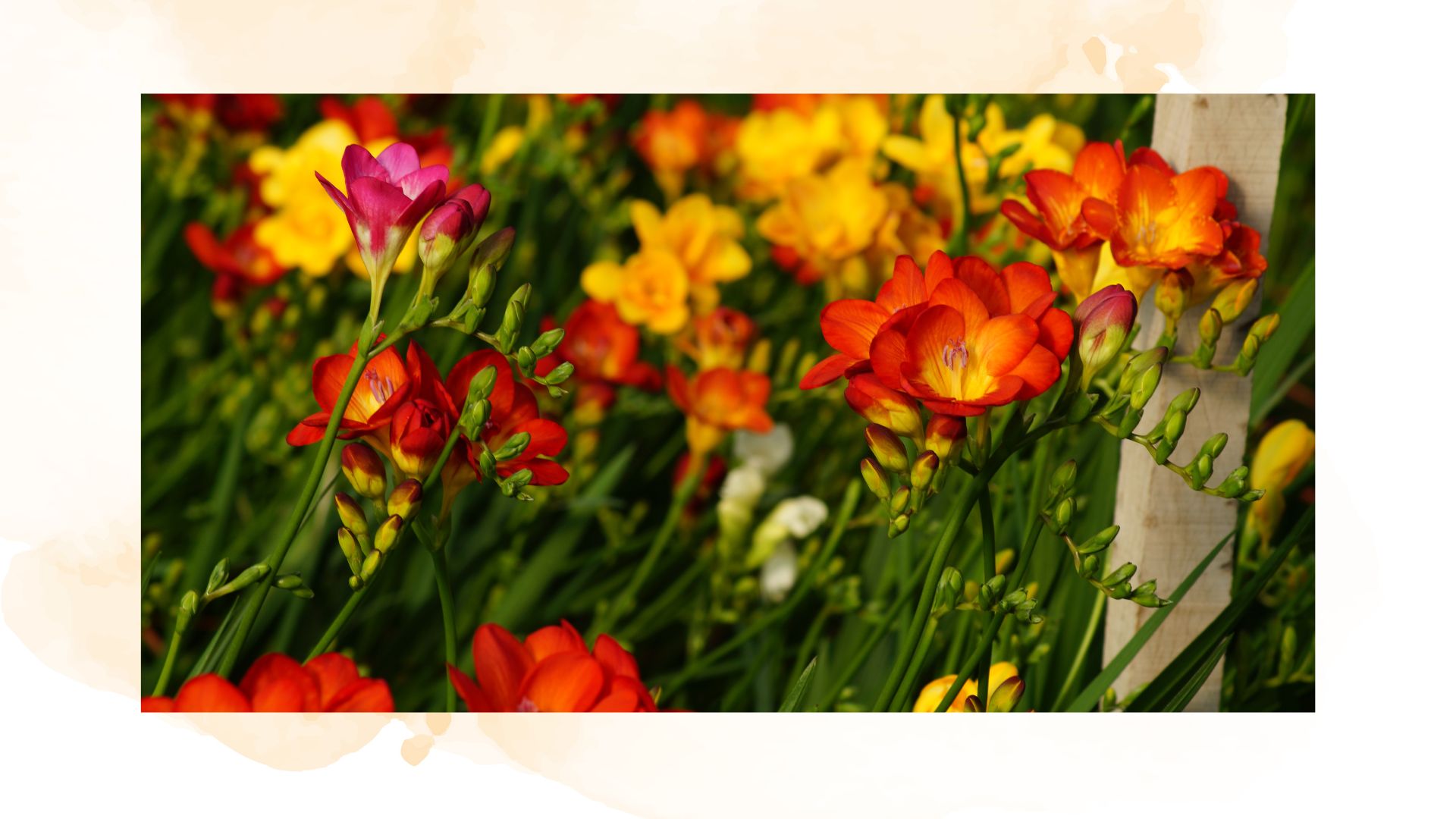 How to plant freesia bulbs: easy steps for colourful summer blooms
How to plant freesia bulbs: easy steps for colourful summer bloomsIf you're looking to add some vivid colour and life to your garden, freesias are the perfect choice
By Emily Smith Published
-
 How to plant freesia bulbs: easy steps for colourful summer blooms
How to plant freesia bulbs: easy steps for colourful summer bloomsIf you're looking to add some vivid colour and life to your garden, freesias are the perfect choice
By Emily Smith Published
-
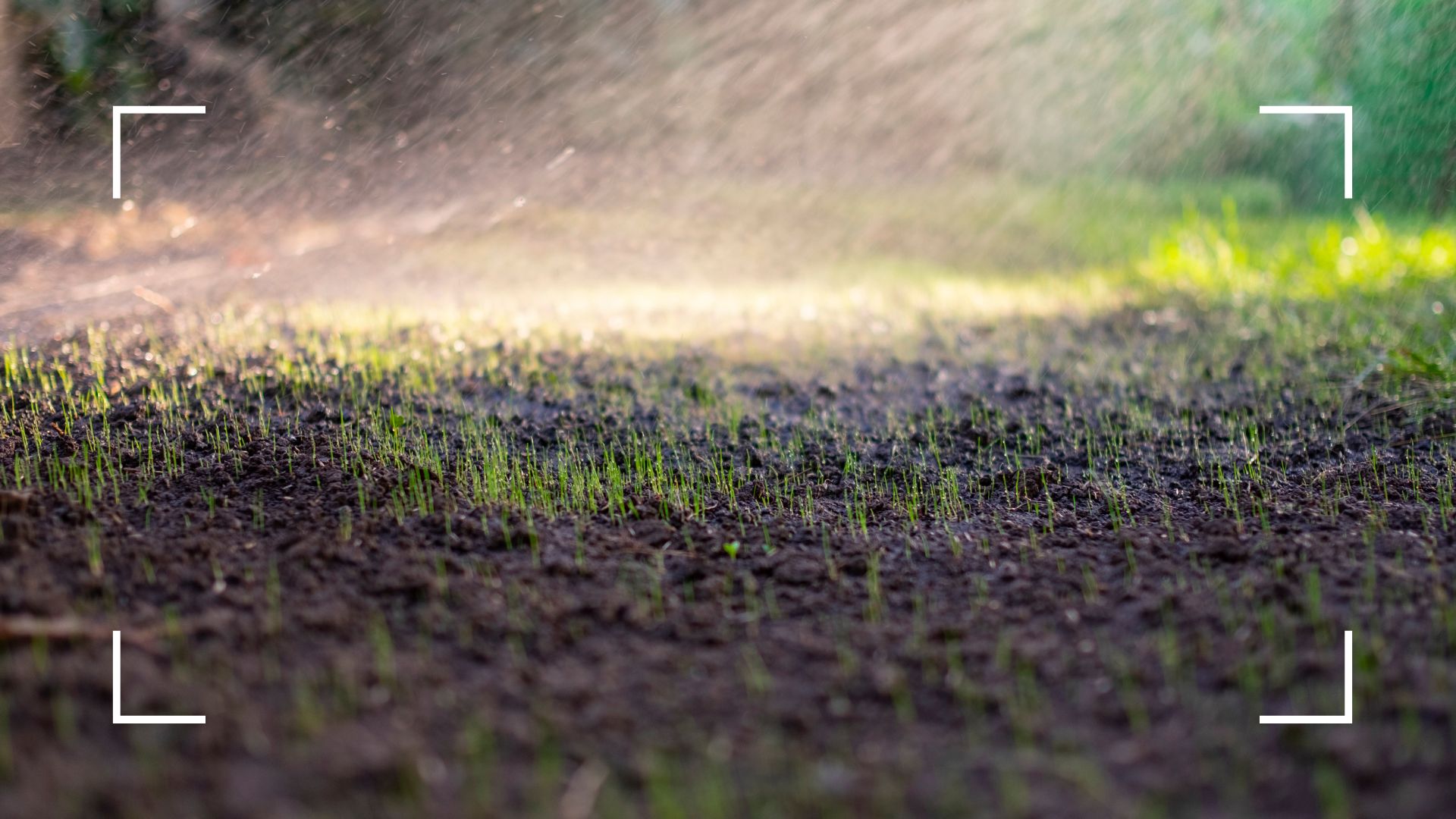 Gardening experts reveal how often you should water grass seed for a luscious lawn this summer
Gardening experts reveal how often you should water grass seed for a luscious lawn this summerWant your lawn to be looking its best by the time summer rolls around? You'll need to make sure you're watering it the perfect amount
By Emily Smith Published
-
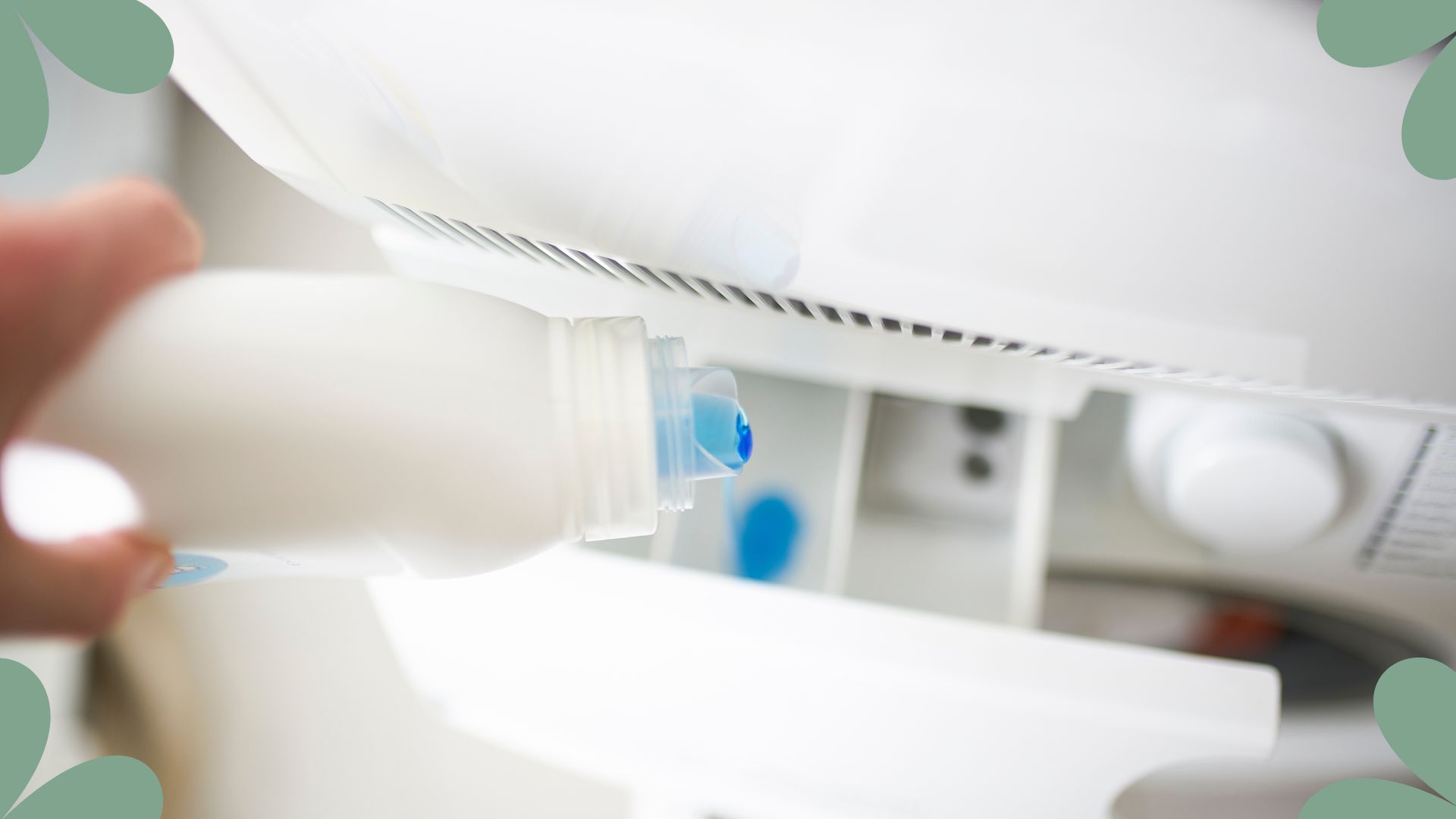 Lynsey Crombie reveals the surprising laundry mistake leaving your clothes smelling 'stale and nasty'
Lynsey Crombie reveals the surprising laundry mistake leaving your clothes smelling 'stale and nasty'Do your clothes smell unpleasant even after you've washed them? It could be your fabric conditioner
By Emily Smith Published
-
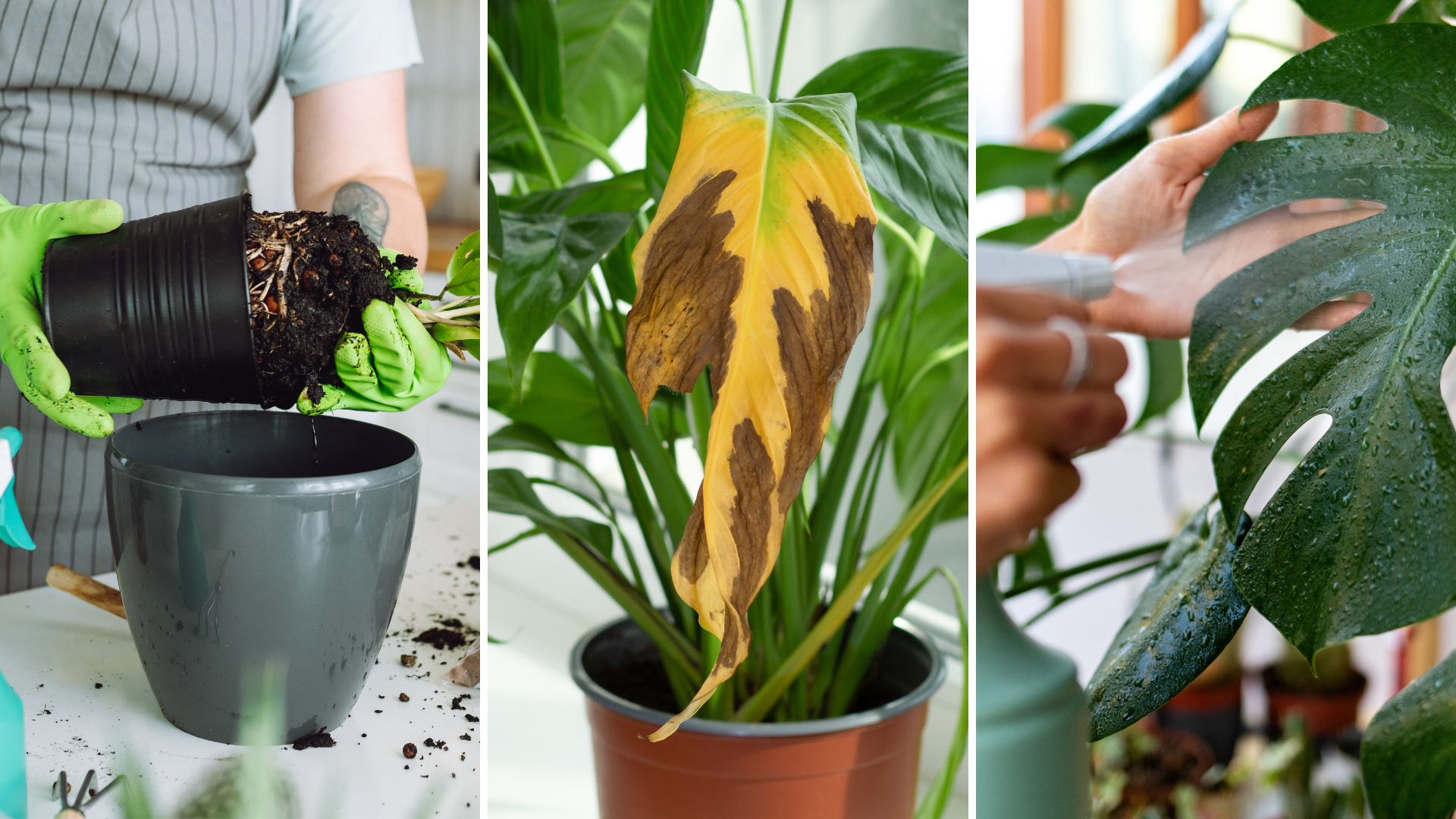 6 common houseplant myths to ignore, warn horticulture experts
6 common houseplant myths to ignore, warn horticulture expertsThese common misconceptions about caring for indoor plants might surprise you – they feel perfectly logical
By Emily Smith Published
-
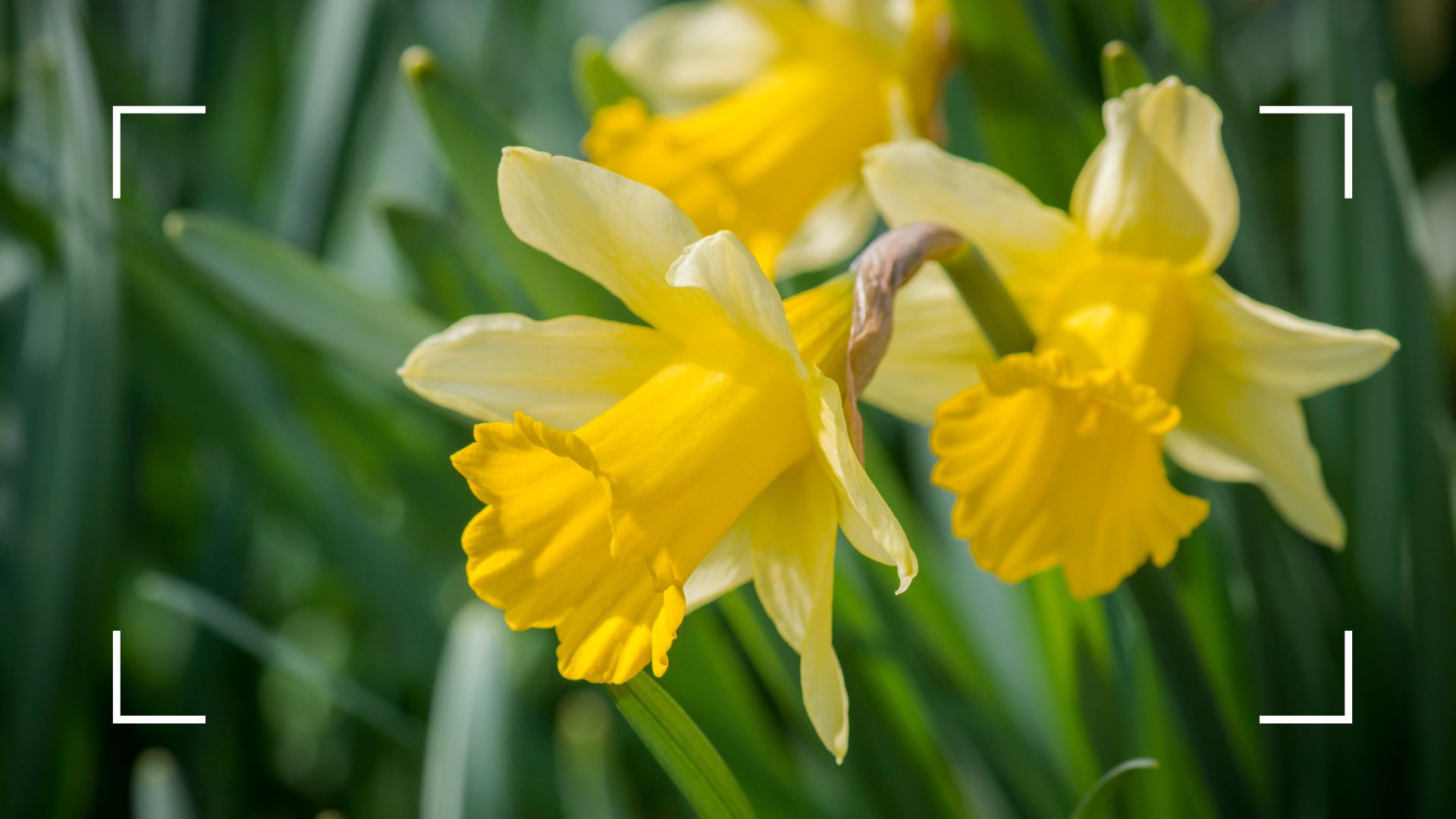 Should you deadhead daffodils? Gardening experts share their advice for longer-lasting blooms
Should you deadhead daffodils? Gardening experts share their advice for longer-lasting bloomsThese butter-yellow flowers are one of the first signs of spring, but should you deadhead or leave them be?
By Emily Smith Published
-
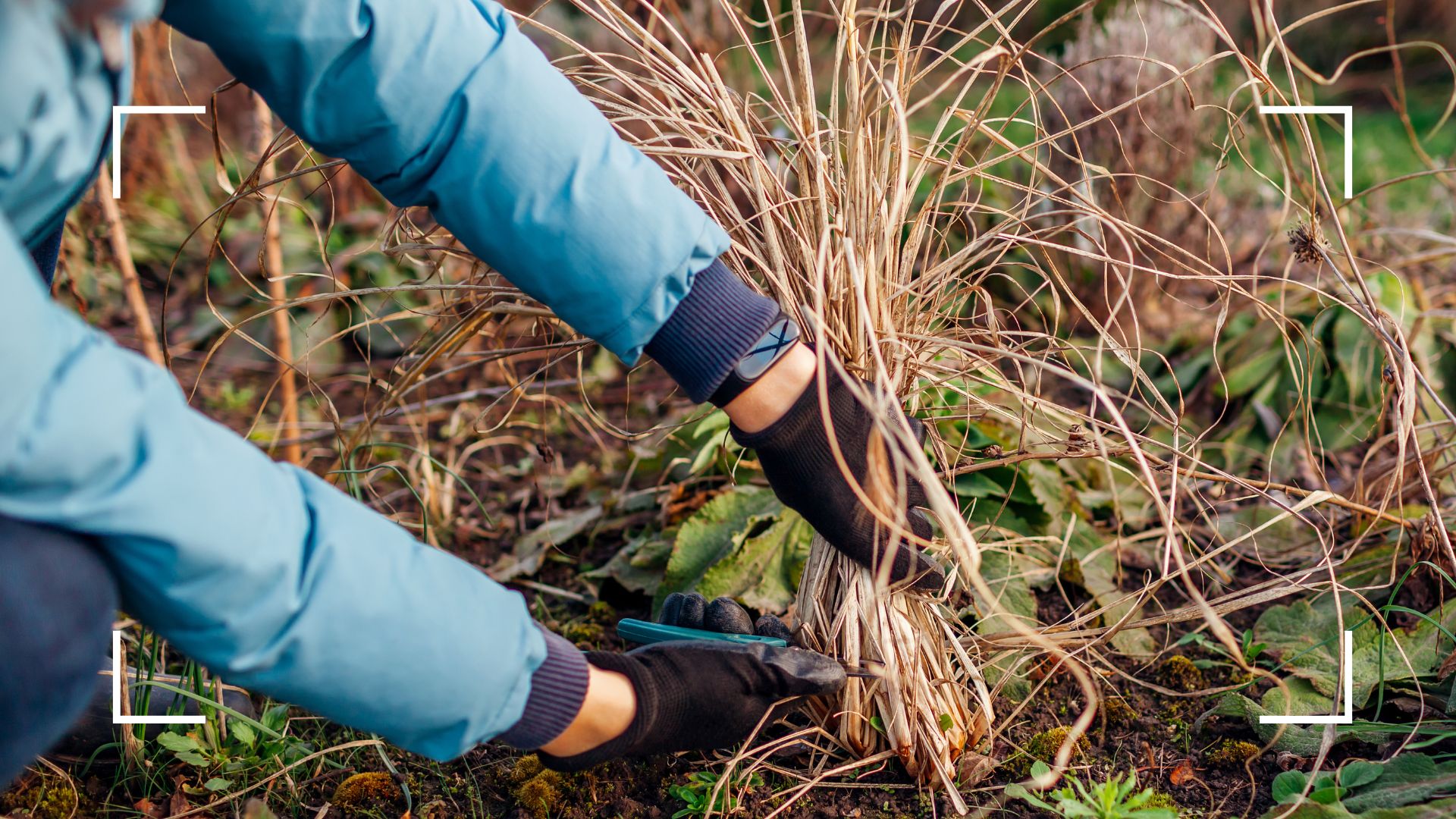 It's time to cut back ornamental grasses, and the expert team at Sarah Raven are here to help
It's time to cut back ornamental grasses, and the expert team at Sarah Raven are here to helpWith spring well and truly here, the team share their top tips to get ornamental grasses ready for new growth
By Emily Smith Published
-
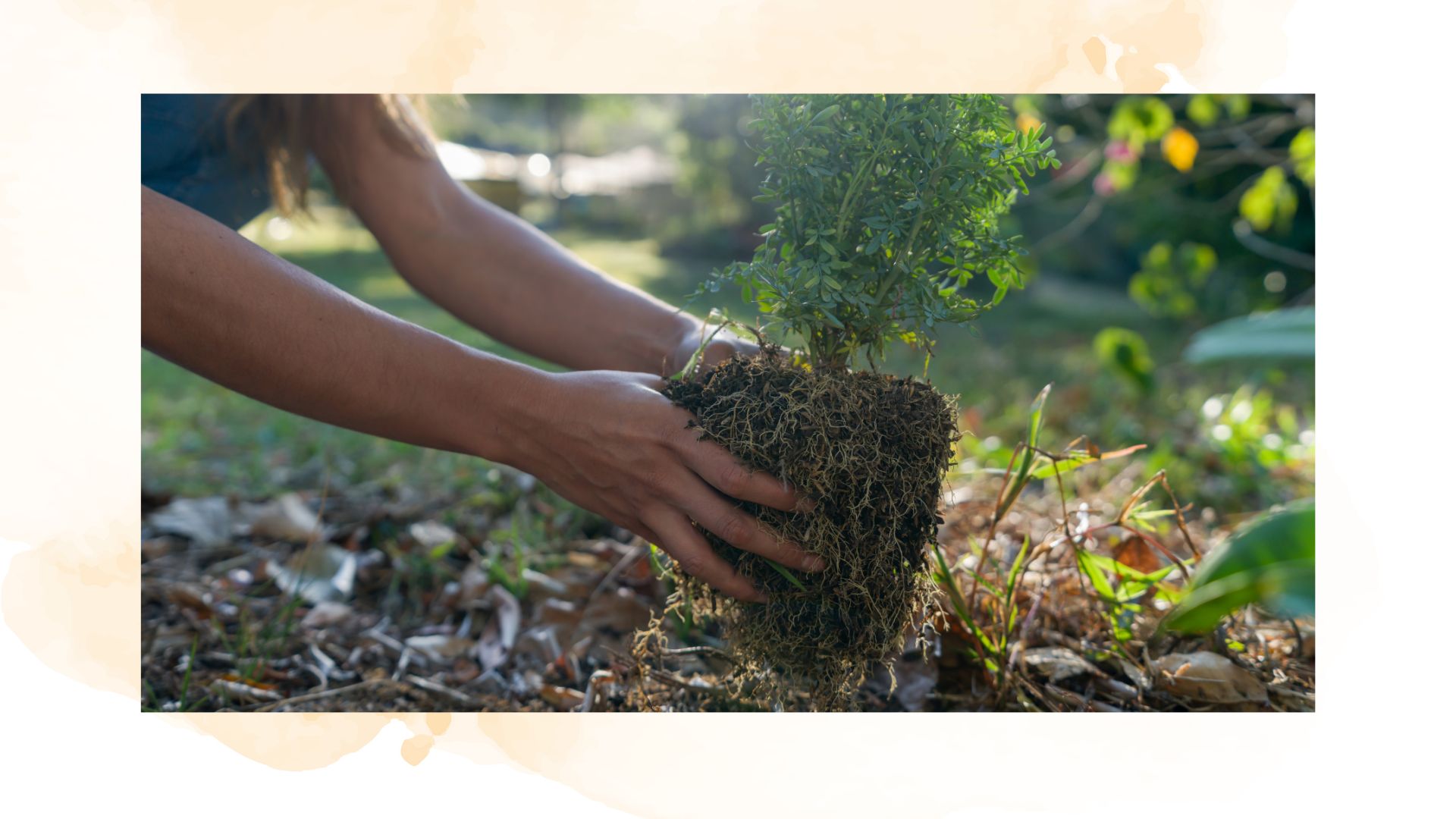 Monty Don's 'genius' planting trick gives outdoor plants the best chance of thriving
Monty Don's 'genius' planting trick gives outdoor plants the best chance of thrivingThis mess-free trick will make planting seamless - and give your plant a great headstart
By Emily Smith Published
-
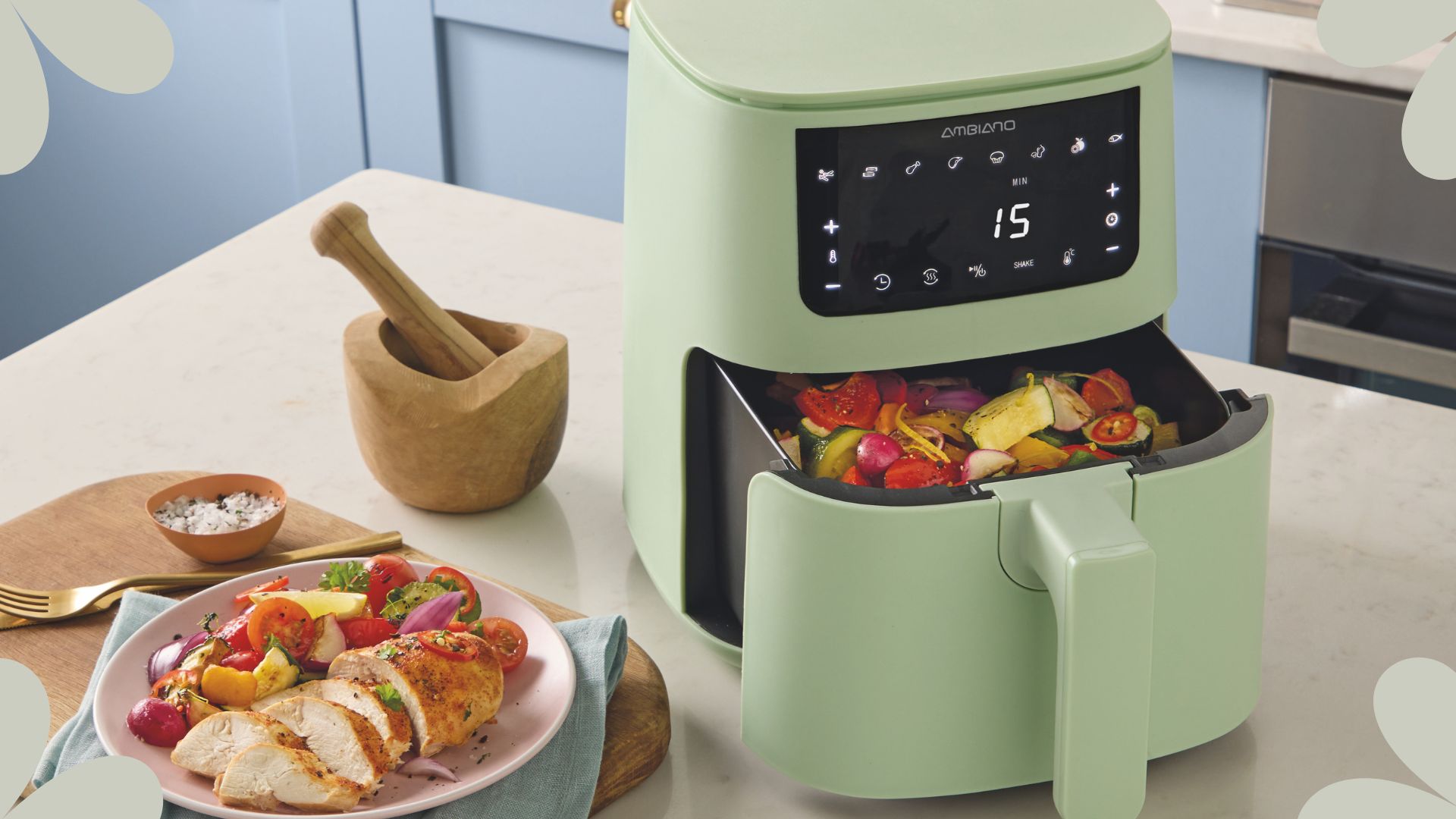 Aldi's on-trend pistachio green air fryer is just £29.99 – stylish and affordable, I had to get one
Aldi's on-trend pistachio green air fryer is just £29.99 – stylish and affordable, I had to get oneColourful, compact and cheaper than comparative models – all the ingredients that made this Aldi Specialbuy hard to resist
By Tamara Kelly Published
